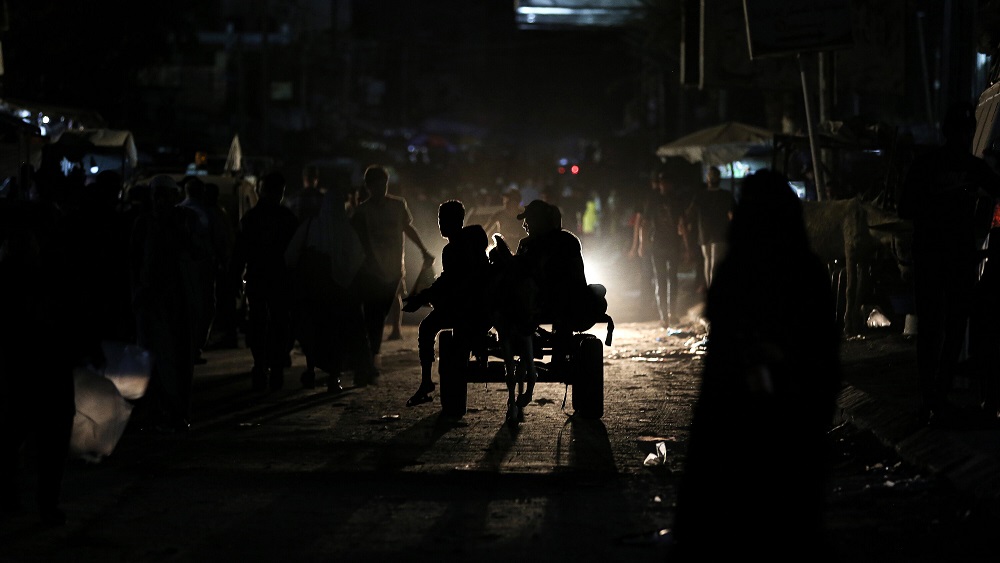As Israeli officials have admitted, a full-scale war with Hezbollah could plunge Israel into darkness for days due to insecurity of Israel’s energy sector.
With the escalation of conflicts on the Lebanese-Israeli border and the increasing possibility of a full-scale war between the two sides, Israel is deeply concerned about the vulnerability to energy shortages and the security of its national power grid. In a situation where the ceasefire negotiations have not reached any promising point, many Israeli experts believe that energy security may finally turn out to be Israel’s Achilles heel against Hezbollah.
Lessons learned from the Ukraine war with Russia show how challenging it can be to protect energy infrastructure during a large-scale conflict. Despite Israel’s “advanced” air defenses, its energy system is extremely vulnerable to attack. This became more apparent earlier this year when a Hezbollah attack caused power outage in large areas of Tel Aviv, Petah Tikva, and Beersheba for hours, leaving thousands of Israelis without power.
Israeli official warned of full-sale war with Hezbollah!
Concerns were further heightened when Shaul Goldstein, a top Israeli state electricity official, admitted in early April that Israel’s energy sector was not ready for a major war. Back then, he warned that in the event of a full-scale conflict with Hezbollah, Israel’s electrical infrastructure may suffer severe disruptions.
Goldstein’s alarming statement that “after 72 hours without electricity, life in Israel could be impossible,” caused a wave of public concern. Although Energy Minister Eli Cohen and Israel’s National Electric Company CEO Meir Spiegler criticized Goldstein’s remarks, what he said set off alarm bells among Israeli officials and citizens. As a result, in the days following Goldstein’s statement, many Israelis rushed into stores across Israel to buy emergency power generators for several weeks in anticipation of future power outages.
The war in Ukraine also showed that even the most advanced air defenses – be them Western or Russian – cannot fully protect energy systems from attacks, especially if it involves destructive long-range drones and precision-guided missiles, of which Hezbollah has a large number.
How badly can Hezbollah hurt Israel’s energy sector?
In July, Hezbollah released a video reportedly captured by a drone that violated Israeli airspace, showing sensitive infrastructure and energy sites in and around the port city of Haifa. This incident was well proof that Hezbollah is well aware of Israel’s Achilles heel.
According to a study by the Center for Strategic and International Studies (CSIS), Hezbollah’s stockpile of medium-range missiles and rockets is between 120,000 and 200,000, and Israel’s Defense Ministry estimates that the country could stuck in a major conflict with 5,000 rocket attacks per day by the group.
Despite Tel Aviv’s awareness of these risks, a report published in June by Israel’s Institute for National Security Studies (INSS) revealed that in the event of a full-scale battle with Hezbollah, “immediate priority would likely be given to protecting military assets rather than infrastructure such as electricity for civilians.”








